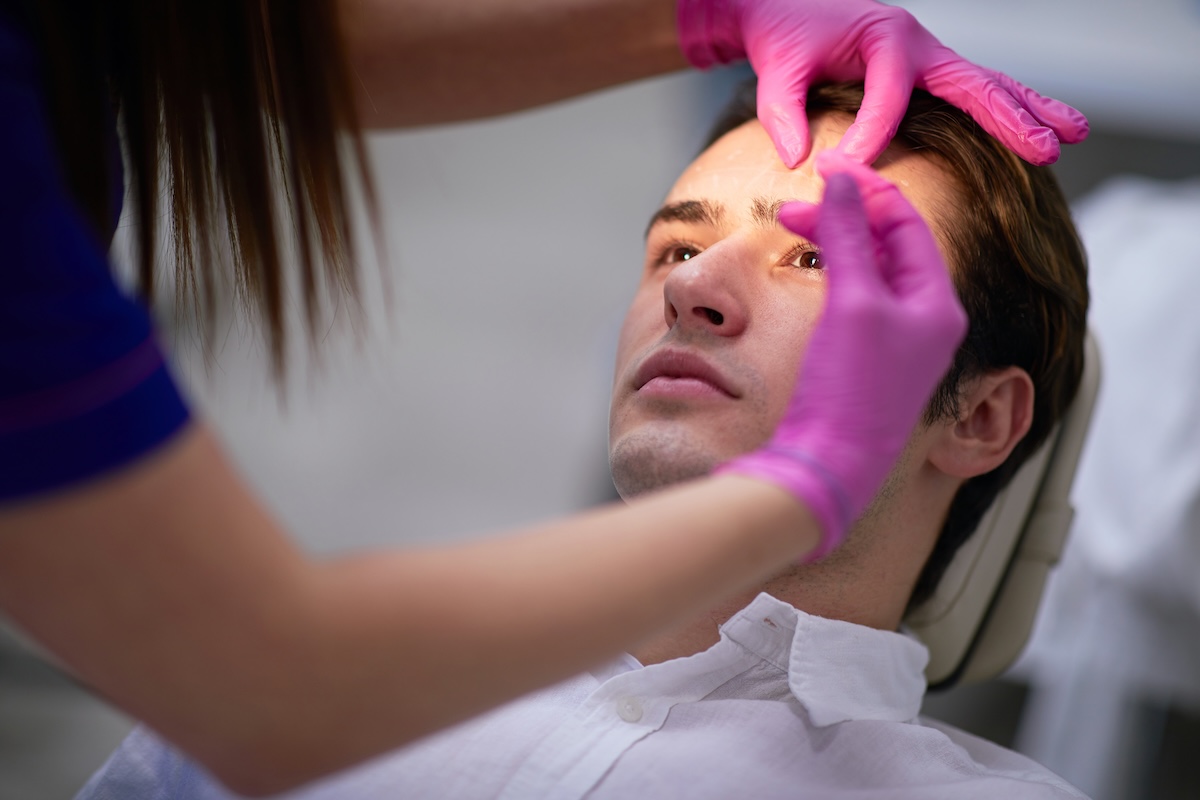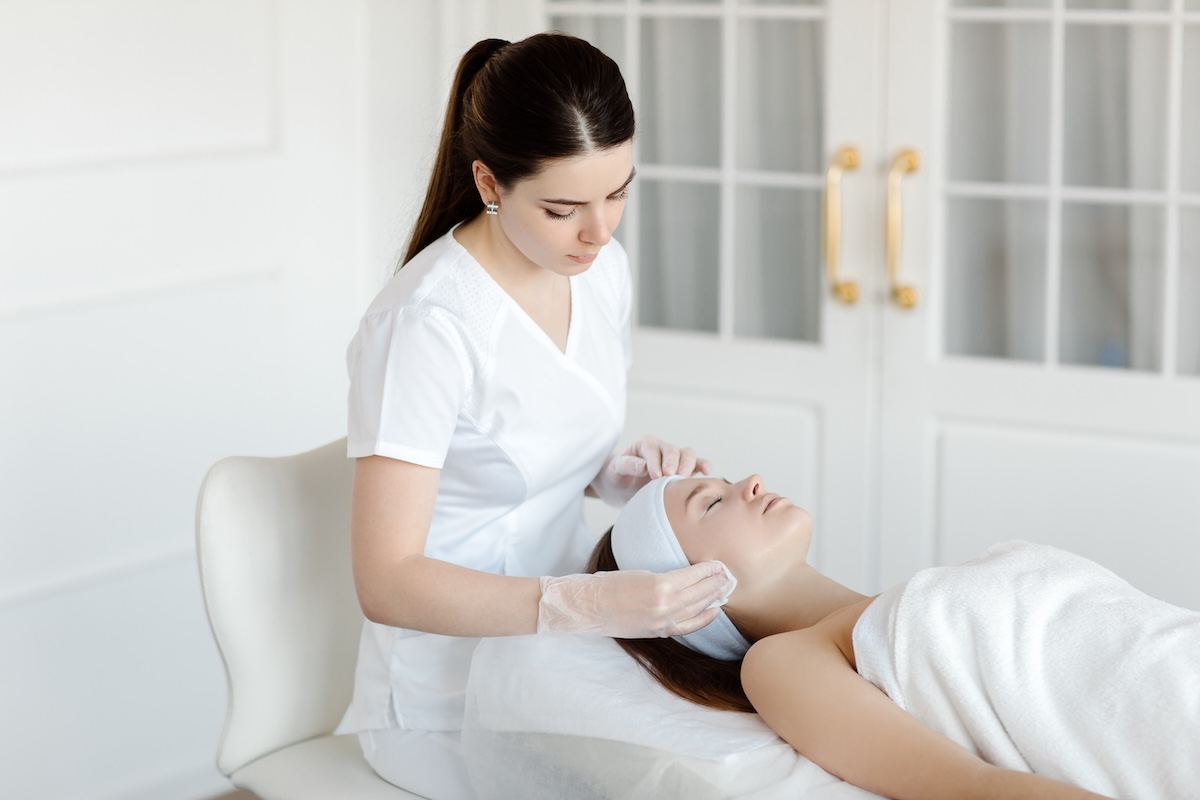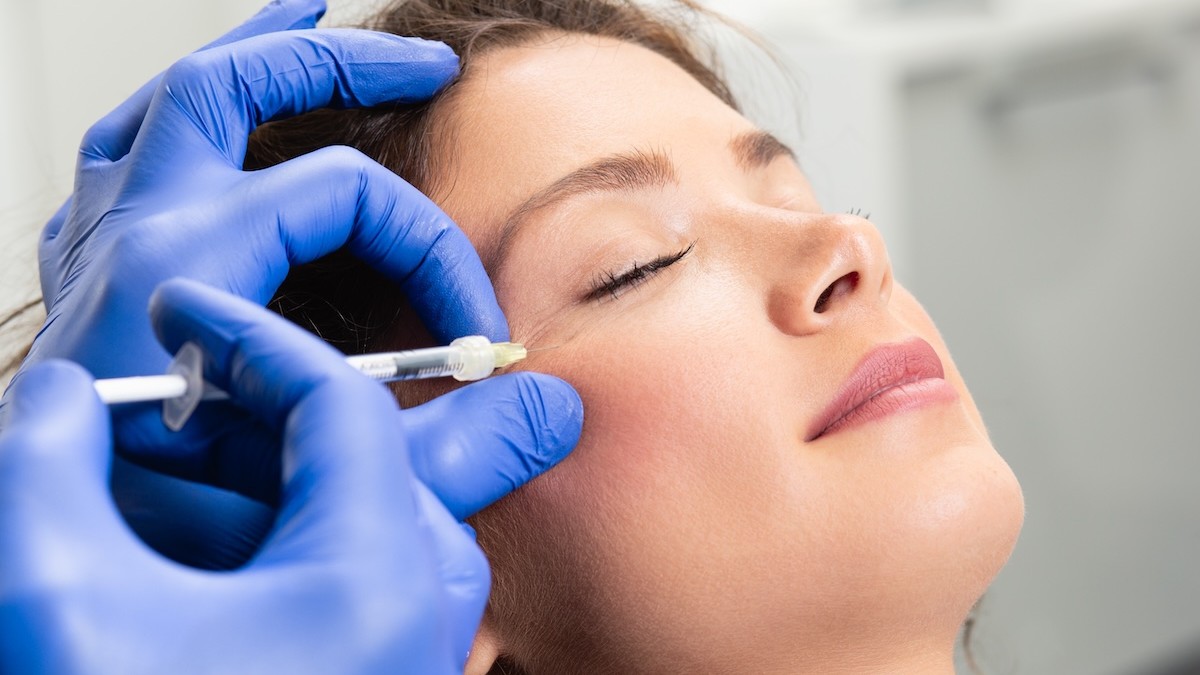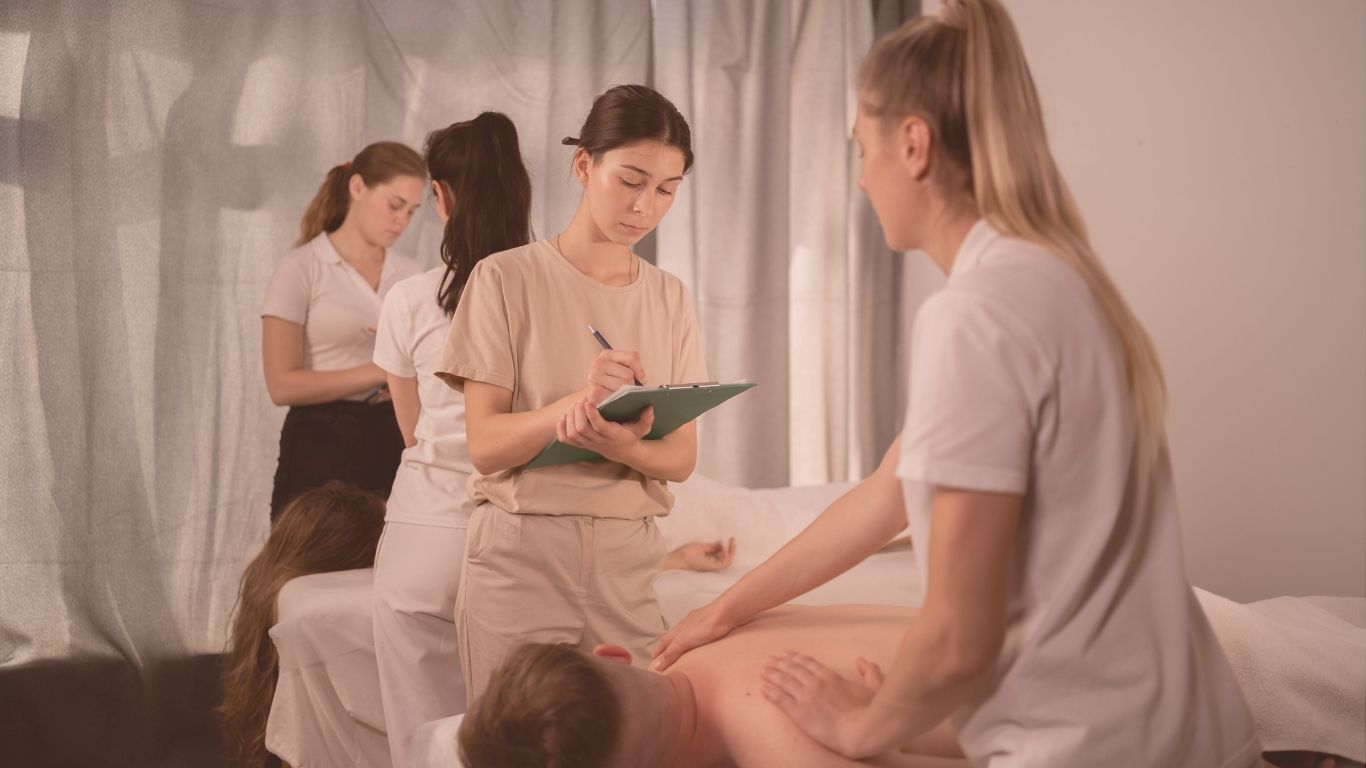Government announces new regulations for aesthetic and non-invasive procedures
Plans for licensing and tighter controls will affect businesses offering fillers, botulinum toxins (such as Botox) and other cosmetic treatments
The UK Government has confirmed that it will introduce a licensing scheme to regulate aesthetic and non-surgical cosmetic procedures, in a move that aims to improve public safety and raise professional standards across the industry.
The announcement follows a public consultation process and years of campaigning from industry bodies, including the British Beauty Council and National Hair and Beauty Federation (NHBF).
The new measures, announced by the Department of Health and Social Care (DHSC), will mean that only qualified healthcare professionals can perform the highest-risk procedures, such as non-surgical Brazilian Butt Lifts (BBLs).
Businesses offering botulinum toxin and fillers will also be required to meet strict licensing conditions set by local authorities, and under-18s will be banned from accessing certain treatments unless authorised by a healthcare professional.
“This Government is taking action to protect those seeking treatments, support honest and competent practitioners, and root out the cowboys as part of our Plan for Change,” said Minister of State for Health Karin Smyth.
“This isn’t about stopping anyone from getting treatments – it’s about preventing rogue operators from exploiting people at the expense of their safety and keeping people safe,” Smyth added.
What the new measures will involve
The Government has outlined a tiered approach to regulation based on the level of risk associated with procedures. Key elements of the new framework include:
- High-risk procedures, such as non-surgical BBLs, must be performed only by healthcare professionals in Care Quality Commission (CQC)-registered premises.
- Fillers and botulinum toxins will fall under a new licensing scheme overseen by local authorities. Practitioners will need to demonstrate appropriate training, safety standards, insurance and hygiene protocols to be licensed.
- Age restrictions will apply to high-risk procedures for under-18s, aiming to protect young people from the influence of unsafe beauty trends on social media.
- Practitioners who break the rules will face CQC enforcement and financial penalties.
The regulations are part of a wider effort to reduce the burden on the NHS caused by botched cosmetic procedures.

Timeline and next steps
The highest-risk procedures are the first priority for regulation. A public consultation on the wider scope of treatments, including those considered medium- and low-risk, is expected early next year.
While there will be no immediate changes to the way practitioners operate, the announcement signals the start of a significant shift in how the aesthetic sector is governed.
The DHSC confirmed that these new measures are just the beginning. More work will be done over a longer period to define training standards, qualifications and infection control measures for other types of treatments.
What it means for beauty and aesthetics professionals
The changes are expected to have a significant impact on professionals working in beauty and aesthetics.
The British Beauty Council welcomed the Government’s announcement and stressed its continued commitment to ensuring fair implementation.
Millie Kendall OBE, chief executive of the British Beauty Council, said, “I am pleased to hear of the Government's commitment to regulating and licensing the aesthetics sector following its consultation.
“The Council is dedicated to ensuring that people can engage with beauty safely; people should be able to look and feel as they please without the threat of something going wrong.
“Any measures to protect this safety are highly welcomed… We will be working closely with the Government and the industry to ensure the outcomes of the consultation are implemented in a way that professionalises our industry and sustains growth.”
The NHBF echoed this sentiment, highlighting that the new system will help distinguish qualified professionals from untrained operators.
Caroline Larissey, chief executive of the NHBF, commented, “These findings represent a significant step forward in bringing clarity to the regulation of the aesthetic industry and protects both practitioners and the public.
“We particularly welcome the tiered approach that recognises different risk levels across procedures, ensuring that legitimate, qualified practitioners can continue to operate while addressing the serious safety concerns posed by unqualified operators.”

Addressing industry concerns
The announcement follows a 2023 consultation that received almost 12,000 responses, with many practitioners expressing concern over how certain treatments were categorised.
In particular, some beauty professionals were alarmed that commonly performed treatments like radiofrequency microneedling and electrolysis were listed as needing medical oversight.
This has led to fears of a divide between medics and non-medics, despite many therapists having years of training and experience in advanced procedures.
Diane Hey, chair of the Beauty Industry Group’s licensing task and finish group, responded, “This long-awaited action is a critical step in protecting the public… These new measures will help safeguard the public, uphold professional standards, and reinforce the importance of regulated, high-quality education and training within the sector.
“They will provide protection and recognition for reputable, safe practitioners who have spent years developing their knowledge and skills, while also clearly signposting those wishing to enter the sector towards trusted, regulated education pathways.”
Hey also confirmed that the task group will continue to support the development of the licensing regime, including which procedures are covered and the education standards required.
Continued collaboration across the sector
Several leading organisations, including the British Beauty Council, NHBF, Habia and Babtac, have contributed evidence to the consultation and will remain involved in shaping the implementation of the new rules.
These bodies are also working to ensure that regulations do not undermine skilled professionals or limit access to high-quality training for non-medics.
Jo Lancaster, NHBF quality and standards manager, added, “These new regulations will help create the level playing field we've long advocated for in the aesthetics sector.
“By establishing clear distinctions between high-risk and lower-risk procedures, and ensuring appropriate qualification requirements for each, we're moving towards a system that protects both practitioners and consumers.”
Meanwhile, Lesley Blair MBE, chief executive and chair of Babtac and Cibtac, commented, "We believe that this decision will not only help to bring the clarity, protection and regulation that we have been campaigning for, for many years, but will reassure consumers navigating our industry.
"In recent years, the lack of regulation has meant that consumers have been exposed to unnecessary risk and danger when booking procedures of this nature, and we hope that what follows in legislation will help to mitigate those risks.”
Caroline Hirons, industry expert, Babtac board member and founder of Skin Rocks, shared, “It’s encouraging to see government moving a step closer towards their proposed licensing scheme with their ruling on tighter regulation on Brazilian Butt Lifts.
“I also wholeheartedly agree with the recommendations that injectables such as botulinum toxins and dermal fillers should be administered in a clinical environment with stricter licensing and legal accountability. That said, I am a passionate advocate for our highly qualified and incredibly skilled beauty professionals.
"We deserve a level playing field for those advanced treatments that a suitably qualified and professional beauty therapist is equally – if not, in some cases, arguably more – skilled to perform.
“I therefore welcome their proposal to have further consultations and collaboration with relevant industry experts on those procedures. Getting the balance right is critical, but appropriate regulation can achieve that.”

What’s happening in Scotland?
In response to its own consultation on aesthetic treatment regulation, the Scottish Government has reclassified several procedures, such as HIFU, radiofrequency, cryolipolysis, and superficial chemical peels, as low-risk.
These treatments will now fall under Group 1, meaning they can be carried out by trained practitioners without the oversight of a healthcare professional.
The Scottish Government also confirmed it will introduce a Non-surgical Cosmetic Procedures Bill before May 2026 to formally regulate certain aesthetic treatments and premises.
Read the full update on Scotland’s aesthetic regulations here.
What practitioners should do now
Although the licensing scheme is not yet in place, practitioners are encouraged to:
- Review their training and qualifications to ensure they align with national standards.
- Keep informed by following updates from professional bodies such as NHBF, British Beauty Council and Babtac.
- Provide evidence to industry organisations during future consultations to help shape the final regulations.
- Avoid panic-buying courses until clearer standards are released, as experts advise that the implementation will take time.
The Government has stressed that it will continue to engage with stakeholders to finalise details of the licensing system. In the meantime, beauty professionals are urged to maintain high standards and prepare for change.
Key takeaways for beauty professionals:
- High-risk aesthetic procedures will be limited to healthcare professionals.
- Botulinum toxin and filler businesses will need to be licensed by local authorities.
- Under-18s will be restricted from accessing certain treatments.
- More consultations will follow to define training, qualifications and the full list of regulated procedures.
- No immediate operational changes, but professionals should stay informed.




.JPG)